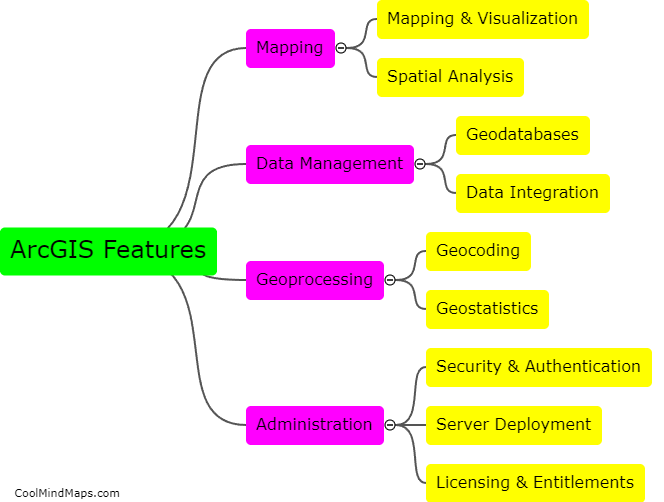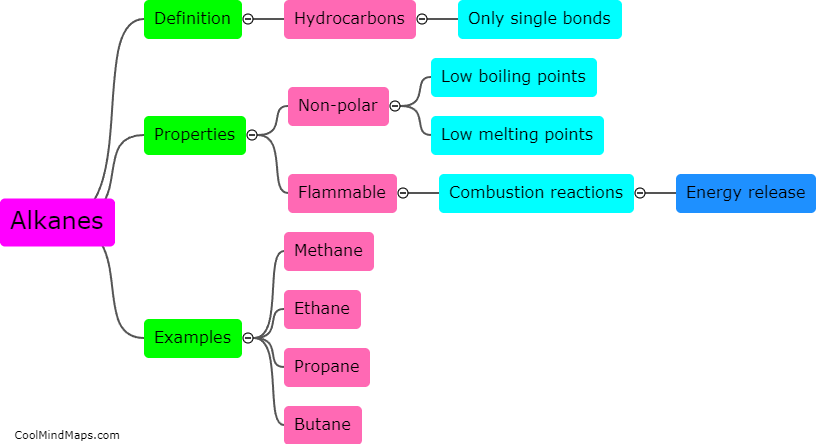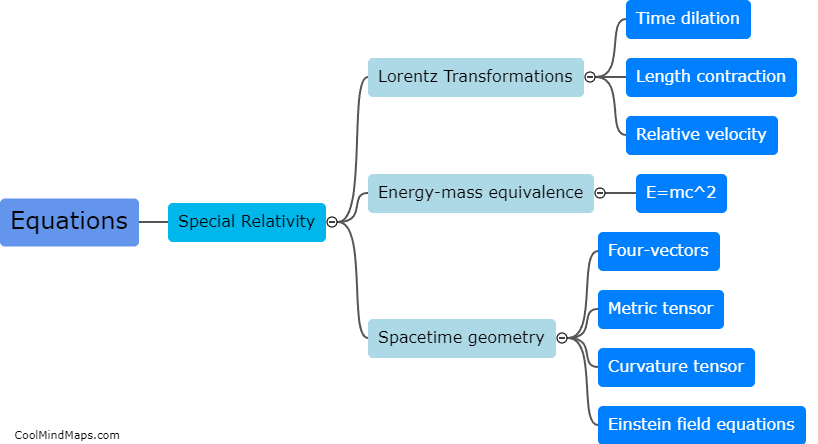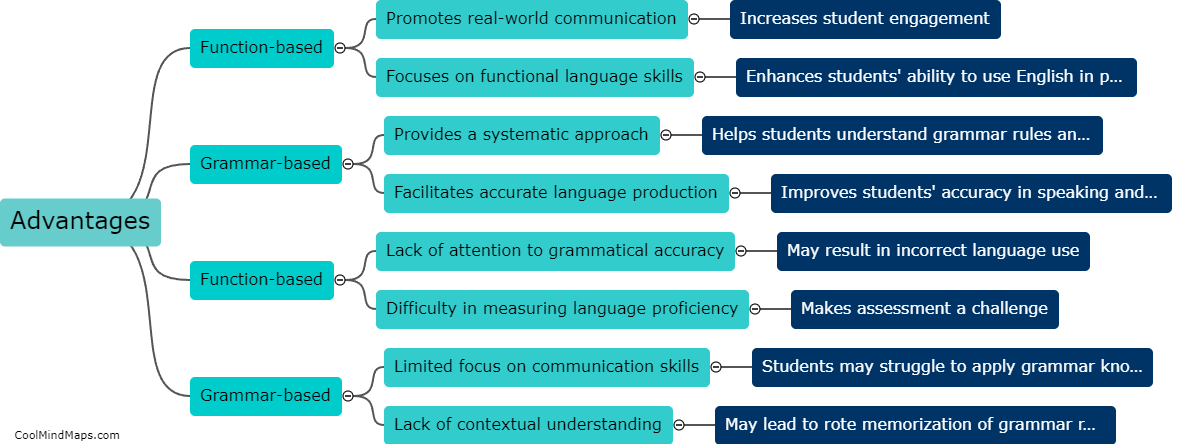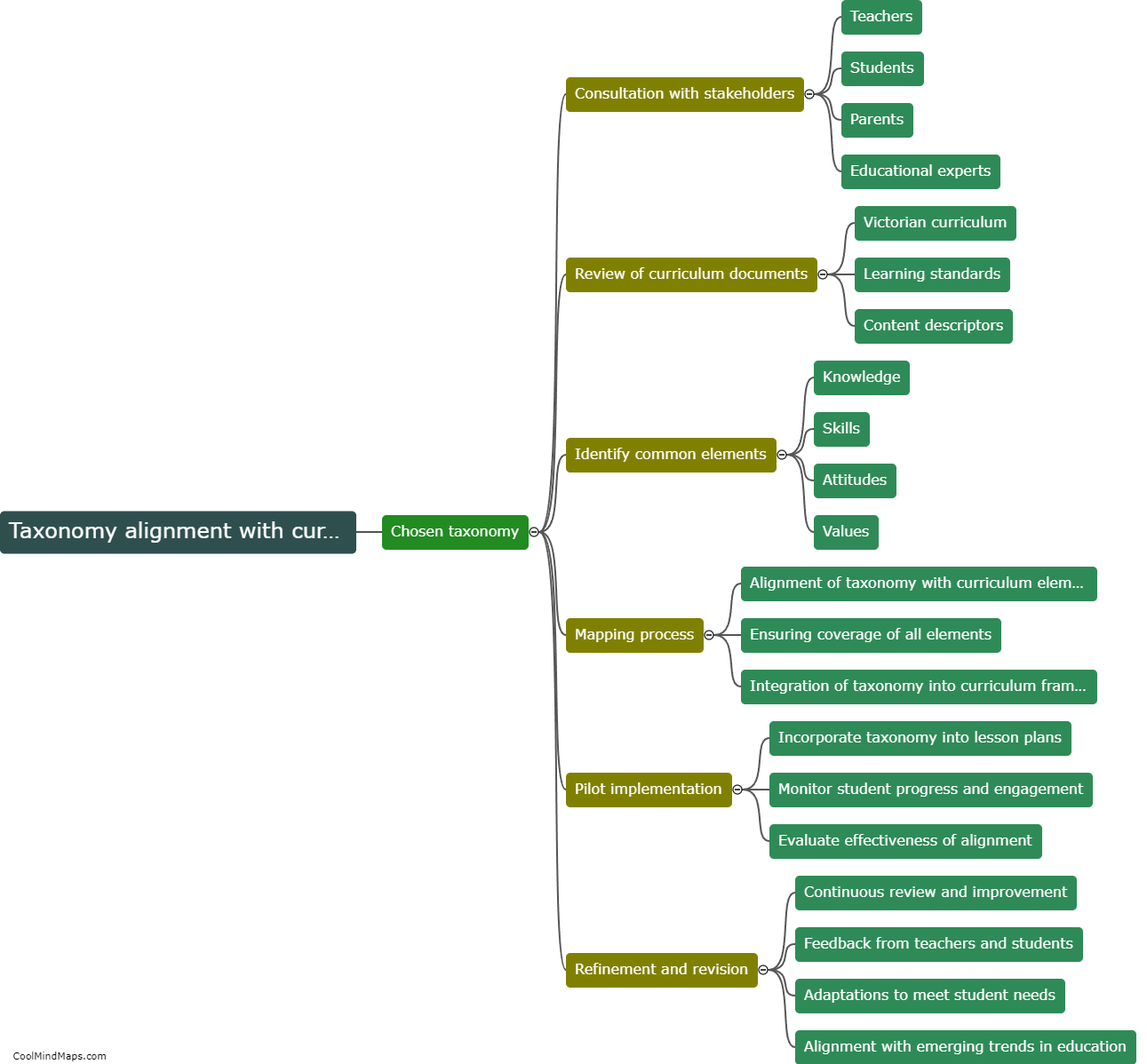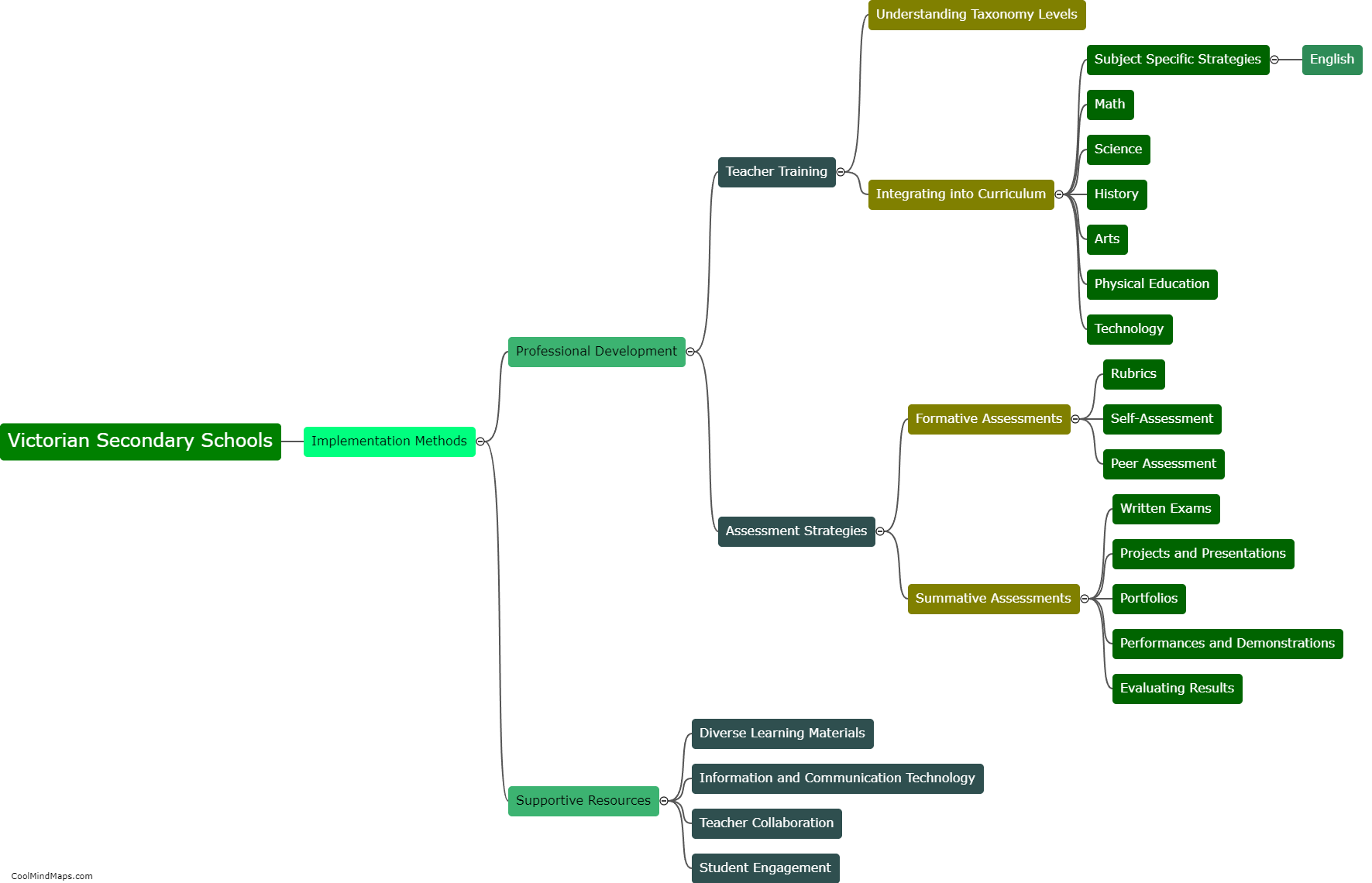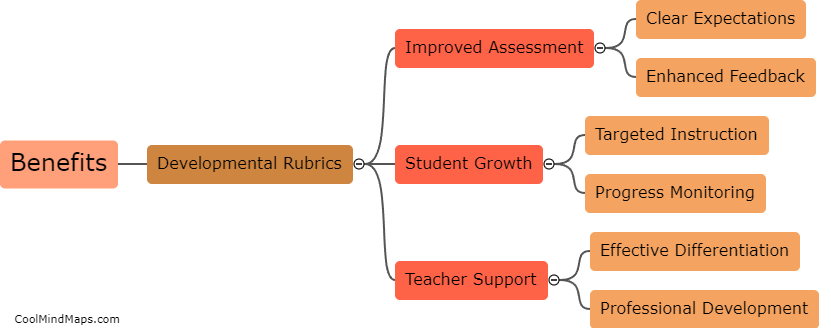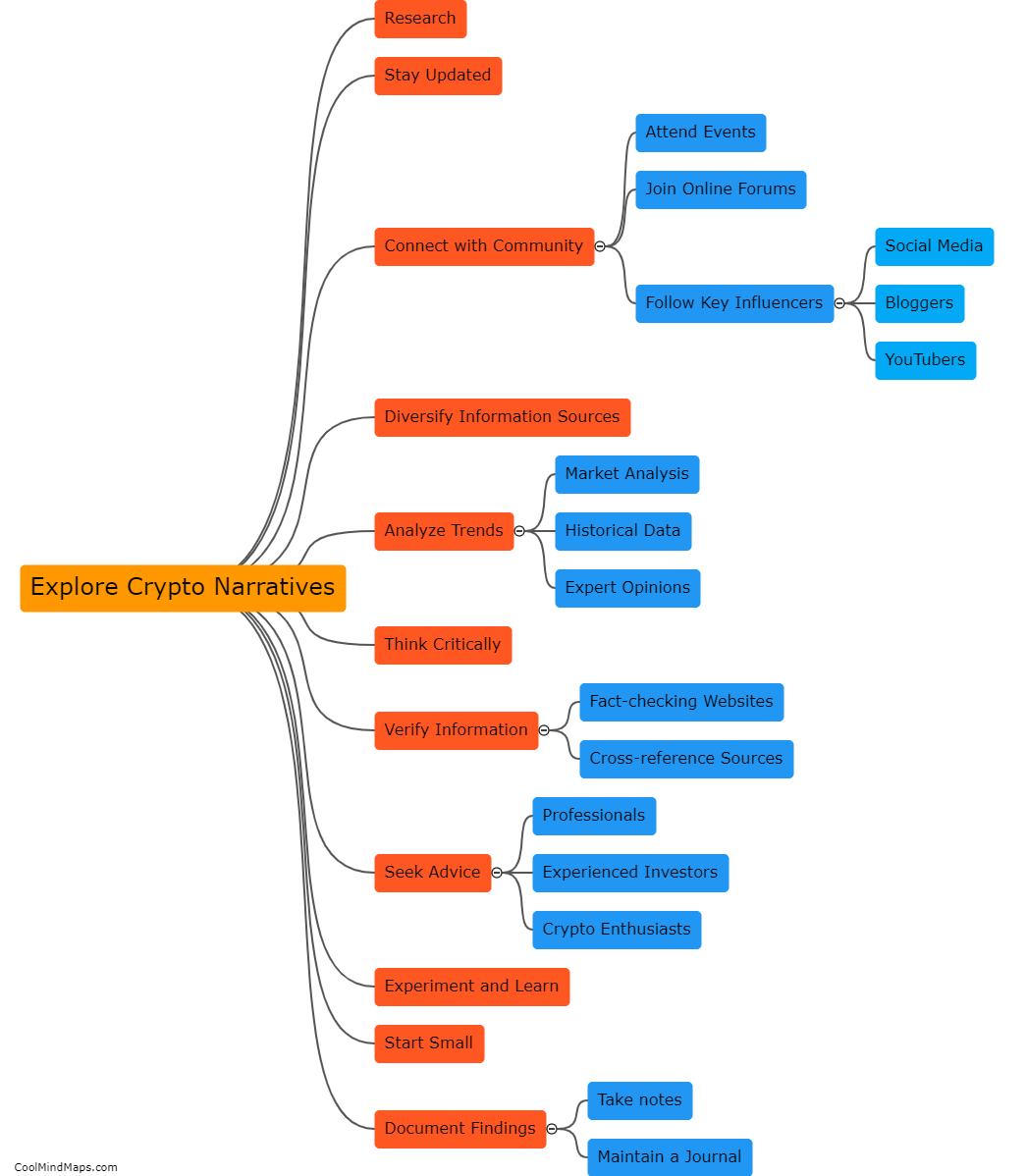What is the importance of taxonomies in educational assessment?
Taxonomies play a crucial role in educational assessment as they provide a systematic framework for classifying and organizing learning outcomes. These taxonomies, such as Bloom's Taxonomy or Webb's Depth of Knowledge, help educators in developing instructional objectives, designing assessments, and evaluating students' performance. By categorizing learning outcomes into hierarchical levels, taxonomies provide a clear structure for educators to plan and implement effective teaching strategies. Additionally, taxonomies aid in developing valid and reliable assessments by ensuring that the assessments align with the intended learning outcomes and provide a fair representation of students' knowledge and skills. Taxonomies also facilitate communication and collaboration among educators by providing a common language to discuss learning objectives and assessment practices. Overall, taxonomies contribute to improving the quality and effectiveness of educational assessment by providing a standardized framework and promoting clarity and consistency in teaching and learning.
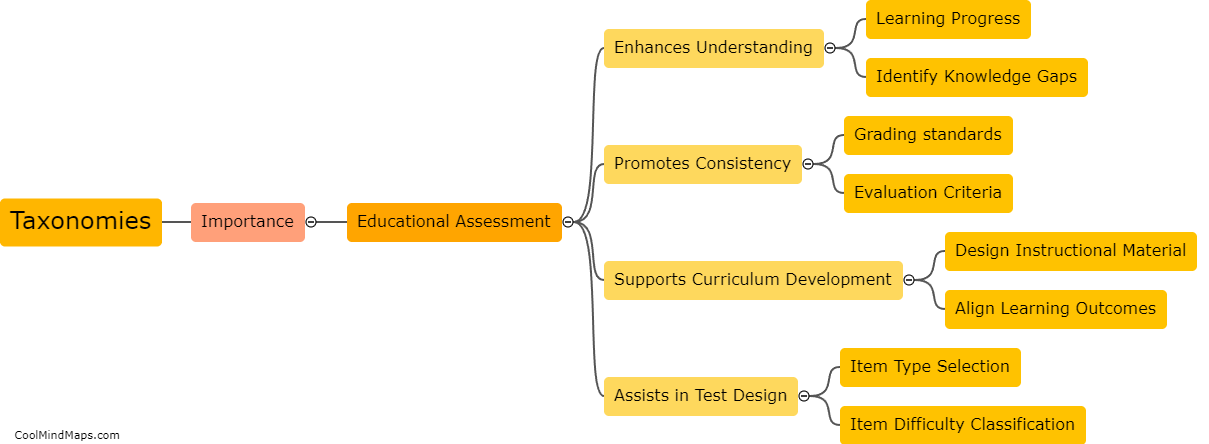
This mind map was published on 16 August 2023 and has been viewed 105 times.
